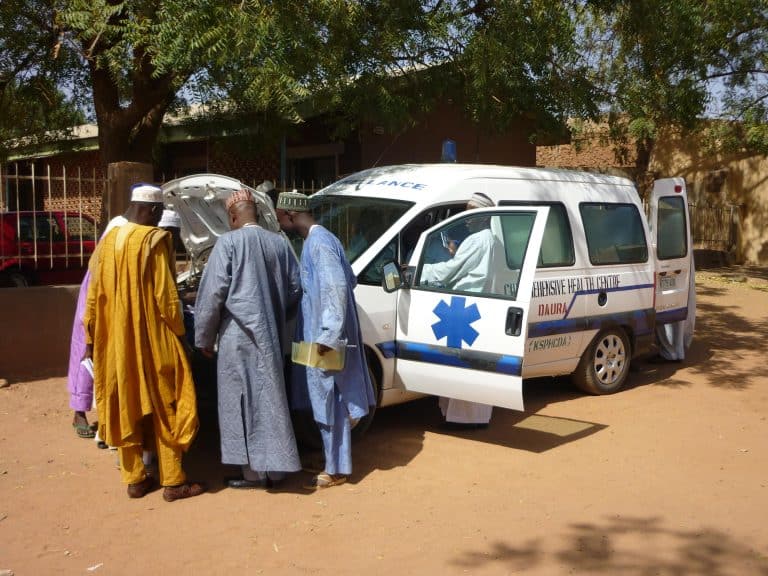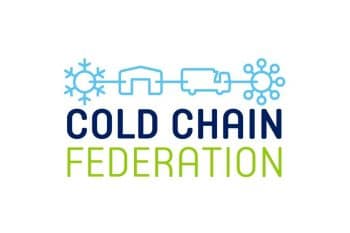Our Programmes

Linking Rural Communities with Health Services in West Africa

Transaid has finalised outcomes of an 18-month research project in West Africa that assessed effectiveness of the ambulance services in meeting the needs of rural communities. The African Community Access Programme (AFCAP) was commissioned and funded by Department for International Development (DfID) to contribute to understanding of the role that poor physical access plays in delaying appropriate care for women with maternal health complication.
The African Community Access Programme aimed to create an evidence base in order to understand the contribution that transport measures – such as ambulances – could make in addressing the Millennium Development Goals related to maternal mortality. The project was also commissioned to develop the knowledge and capacity across the region in the sustainable management of ambulance provision and develop appropriate guidelines to support that.
Initially the research was carried in central Ghana, and later expanded onto the North Nigerian state of Katsina. In Katsina researchers surveyed all women who gave birth in health centres selected for the study and who needed to be referred for Emergency Obstetric Care due to medical complications to a higher level in the primary health care centres.
Outcomes of the study highlighted the fact that delays in travel-time and in arranging for women to be referred to higher level facilities in medical emergencies, as well as the types of transport available to women in such emergencies, exacerbates the health condition of women with medical complications. It impacts on the health condition of women received at referral facility and makes the challenge in reducing maternal mortality faced by health professionals in resource-poor environments even harder.
The project has shown that poor physical access contributes to the poor health condition of women and worsens their condition significantly. Therefore investment in ambulance provision, communications systems and community-based emergency response will make a difference to health outcomes for women giving birth and their new-born.
Findings of the study were disseminated amongst the practitioners and policy-makers in the health and transport sector, both within West Africa and internationally. An international workshop on ‘Maternal Health, Physical Access and Ambulances’ took place at the end of the project in Accra, Ghana (22-23 April, 2013) and involved an international audience of ambulance management specialists from Uganda, Nigeria and Ghana as well as health sector policy-makers, development agencies and transport sector professionals. In addition Transaid developed the ‘Guidelines for National Ambulance Service in the African Context’ which are aimed to support improvement of emergency health care system in developing countries.
More Programmes










